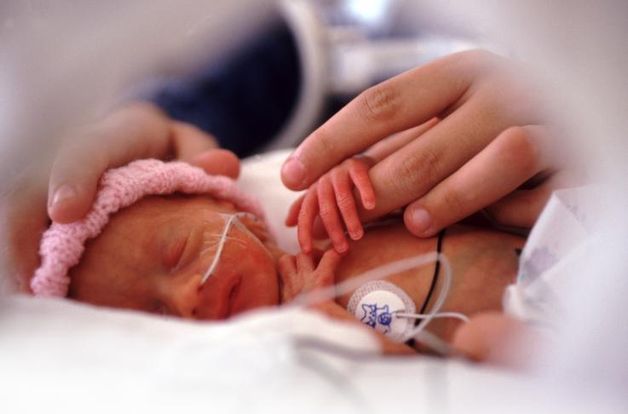23 weeks and 1 day pregnant

There is no light in the womb, but 3D ultrasound is designed to produce highlights and shadows to give the same effect as if you shone a torch into the womb. Now your baby may be holding her hands flexed into a fist.
From this point onwards, your baby is considered “viable” and would receive life-saving treatment were she born early.
Week 24 is considered the legal age of viability for your baby, and therefore an important pregnancy milestone. Like many women, you may feel relieved to get past this point.
If you went into labour and delivered your baby before this week, she would be unlikely to survive and you would be considered to have had a miscarriage. After 24 weeks, the doctors have a legal duty to do everything they can to save the baby. Babies born after 24 weeks receive special care and are resuscitated, if necessary. The more advanced you are in your pregnancy before you deliver, the less likely it is that your baby will face the problems associated with being born prematurely.

Incredible scientific and technological advancements have meant a huge increase in the survival of premature babies, with health complications kept to a minimum.
The world’s youngest surviving premature baby was born in Florida at just 21 weeks and six days.
The baby weighed only 283g (10oz) and measured 9.5cm (3.75in). Her feet were the size of an adult’s fingernail. It was the first time a baby born before 23 weeks had survived and led to calls for the legal age of viability to be lowered.
Babies who are born prematurely, or newborns who are sick, will receive specialist round-the-clock care in a special care baby unit (SCBU). The earlier the baby is born, the more chance there is of complications, such as infections, occurring. If your baby is born several weeks prematurely, she may need to be cared for in a neonatal intensive care unit (NICU) – this may not be in the hospital where your baby was born. Your baby may be put in an incubator with monitors attached and receive oxygen through a special ventilator. Some of the equipment looks very frightening, but remember it is there to help your baby stay warm and nourished and improve her health.
The staff will readily explain what is going on, and they will be keen for you to be involved as closely as possible in your baby’s care and encourage bonding.
Be the first to support
Be the first to share
Comment (0)
Related Blogs & Vlogs
No related events found.
Loading more...